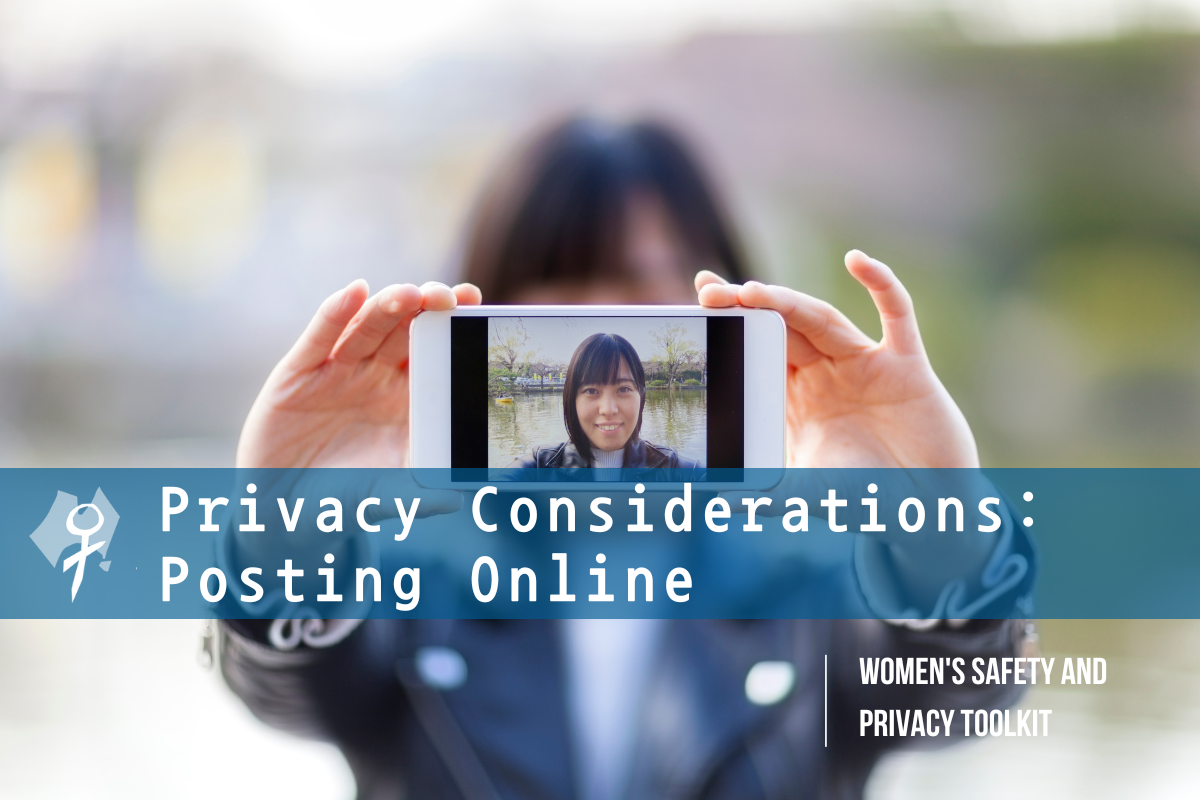Privacy considerations when posting content online
The Internet is full of opportunities for us to share things about ourselves, whether it’s a blog post, updating our Facebook status, or posting a video on YouTube. We post this information to share our lives with our friends and family, but this information also becomes viewable by millions of other people as well. Some people may not care that the things they share about themselves can be viewed by anyone, but other people may be more concerned.
For those who want to be more protective of their online information, here are some questions to consider when posting content online.
Who will see this information?
Sometimes we don’t realise how far and wide our information is shared; especially when we think we’re just posting updates about ourselves to our friends. With the Internet and search engines, such as Google Search, everything online is indexed and searchable. Even sites where you think only members can see the content could be public or seen by others who aren’t members.
What are you sharing?
The kind of information you share can reveal a lot or very little about you. Sometimes we share personal information about ourselves without even realising it. Landmarks in a photo or even blogging about the great restaurant you had dinner the night before could indicate where you are. Decide if what you are sharing is okay for others to know.
Be careful when sharing information about your friends and family because you may reveal something that they don’t wish others to know. If you are sharing things about them, consider whether you have their consent.
What is the site’s privacy policy?
Do you know what the owners of the website do with the information you give them? Even if the information you share isn’t posted online, it may be shared with advertisers or third-parties. Many sites have privacy policies that spell out what they do with the information you give them.
Is the information you share illegal or against the content policies of the site?
Many sites don’t allow posting of violent or discriminatory content and if you do post such materials, they could remove your content or close your account. If you are sharing information about others, be careful about not sharing copyrighted materials, false information, or harassing content because it could be a criminal offence.
How much control do you have over the information that you share?
Some people believe that because it’s content they posted, they own it and can control it. However, you really don’t have much control because once it’s out there, others can share it, talk about it and even change it. If you originally posted it on your personal website, blog, or social network page, you could take down the original post, but it will likely be difficult for you to have it removed once it’s on someone else’s website.
What can I do to increase my privacy?
- Be mindful about what you share online.
- Be careful about what you post about other people.
- When creating online accounts, read the instructions carefully. Oftentimes this is when you can opt out of the site owners collecting and sharing your information.
- Browse the web more safely by running antivirus and antispyware software on your computer.
- For more tips, check out WESNET’s “Online Privacy and Safety Tips” handout.


